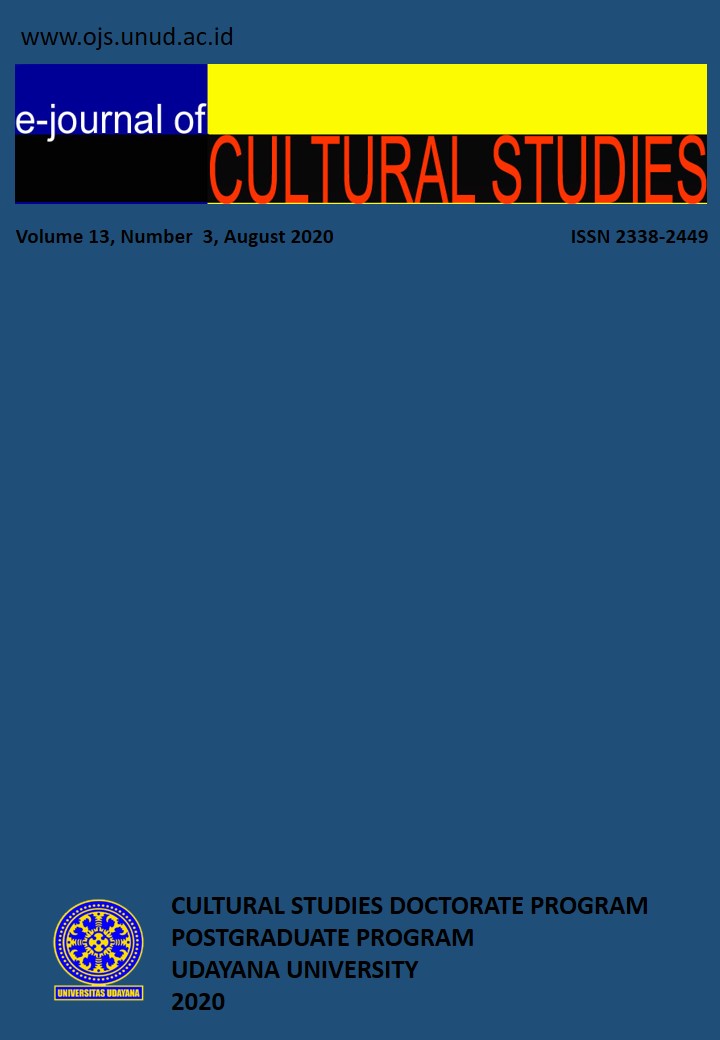THE EFFECT OF EDUCATION, HEALTH, AND ECONOMICS ON ACCESSIBILITY OF POOR HOUSEHOLD NEEDS IN GIANYAR DISTRICT
Abstract
The purpose of this study is to analyze the effect of education, health, and socioeconomic status on the capacity of poor households in an effort to increase the accessibility of basic needs. The study was designed using the general structural component analysis method which was validated by a qualitative method. The study used 400 samples for quantitative research and 25 key informants for qualitative research. Quantitative data were analyzed using descriptive statistics and parametric general structural component analysis. Qualitative data were analyzed using reduce, display, and conclusion (drawing / verifying) techniques. The results of the study found that the reason for the low accessibility of basic needs is that the implementation of the scholarship program for poor households is not optimal, understanding of health regulations is still low, ownership of production factors in the form of narrow agricultural land, while the main livelihood is agriculture and agricultural labor, coupled with environmental influences. socio-culture is negative. Thus, the capacity of poor households to increase accessibility of basic needs is insignificant or low.
Keywords: education, health, socioeconomic status, capacity, accessibility







